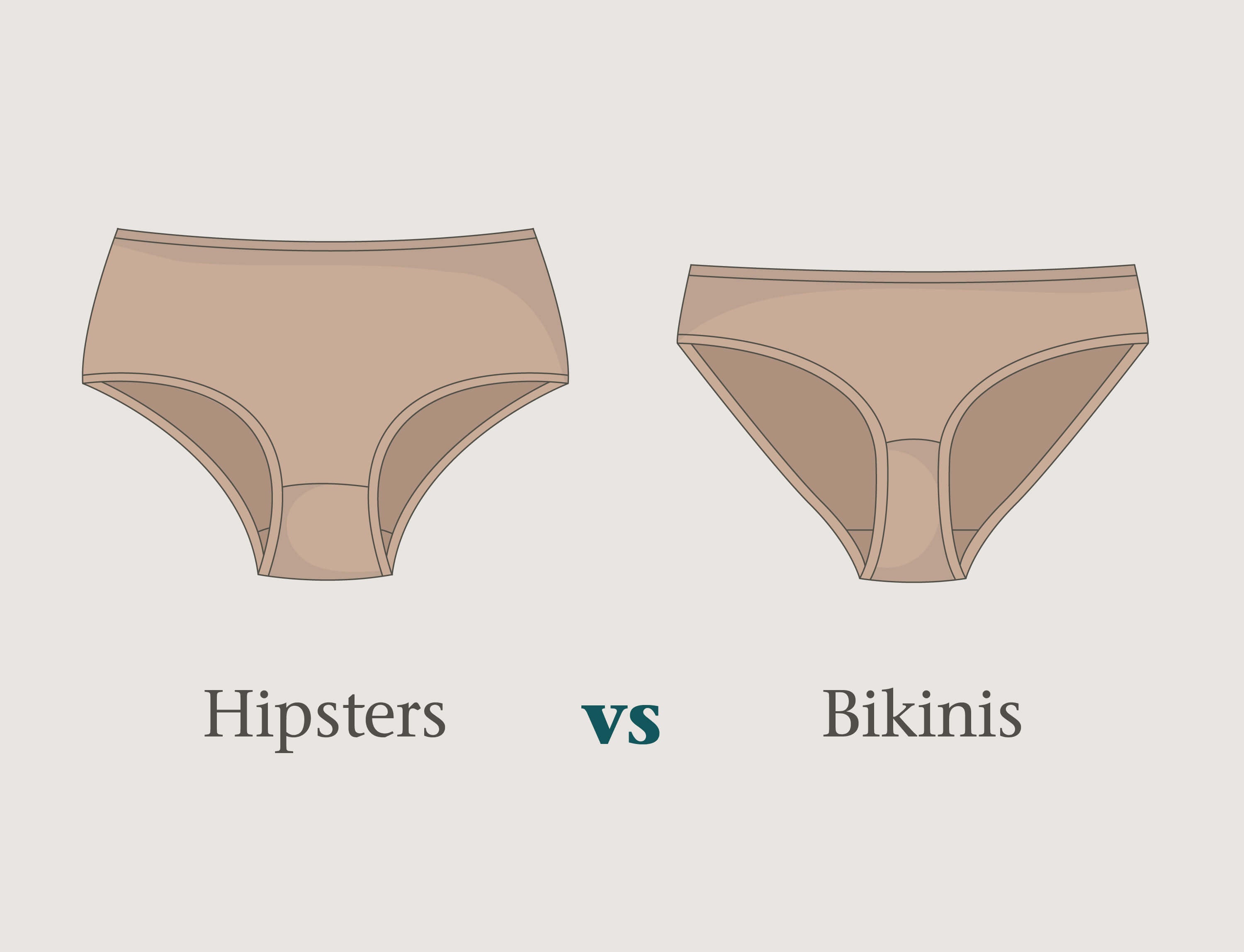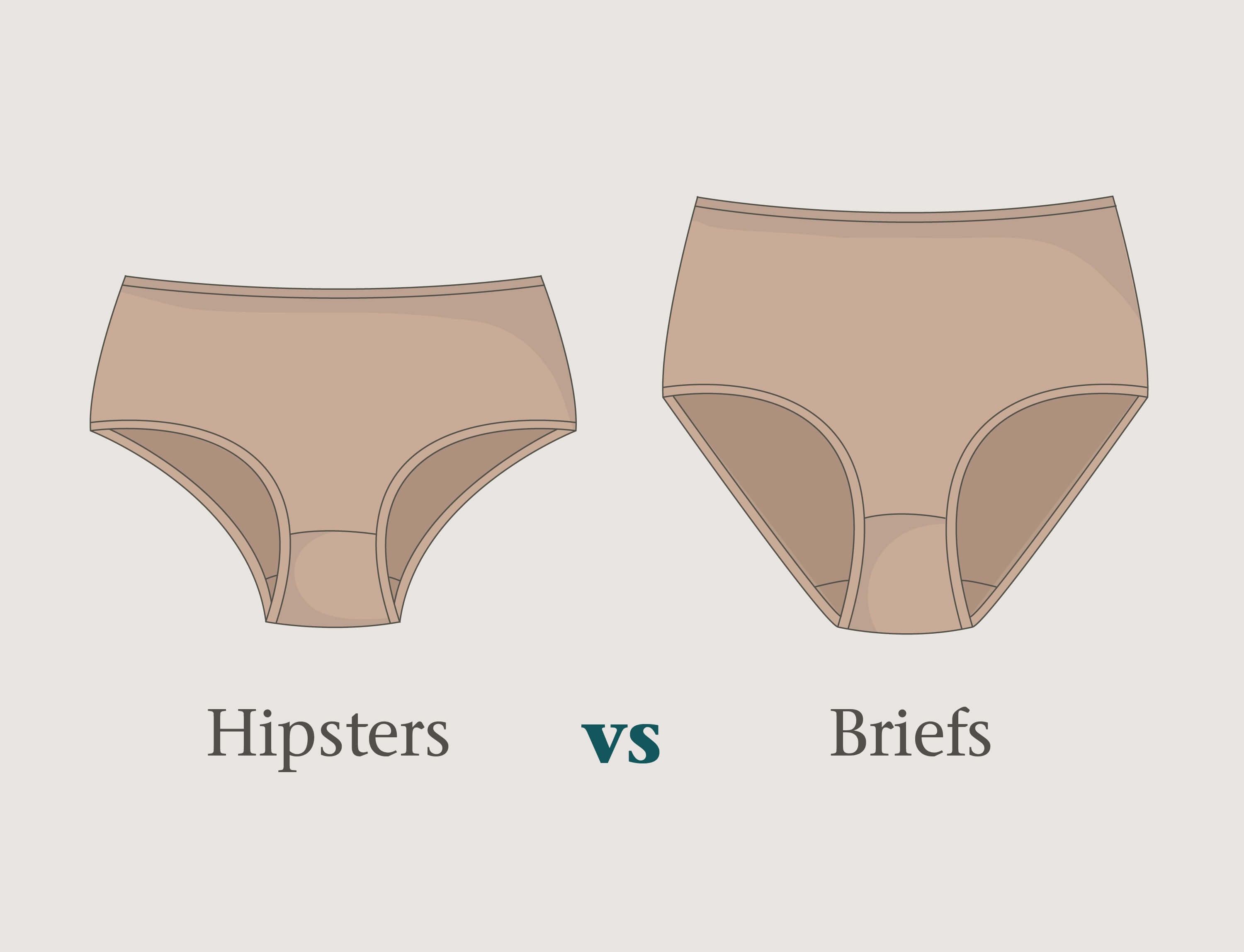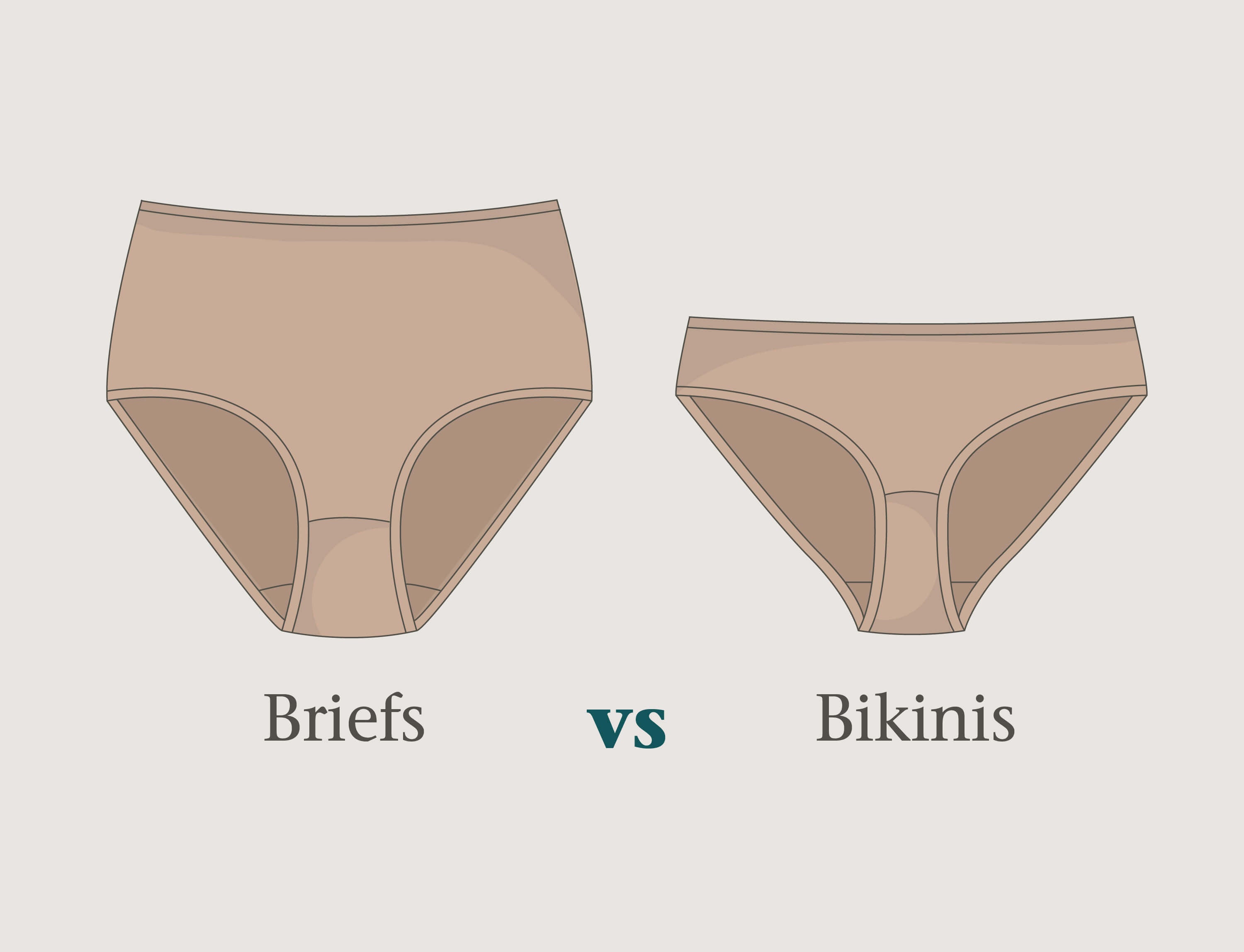
Is Polyester Underwear Bad for You? Choosing the Right Fabric
In the world of fashion and personal care, the materials we choose to wear closest to our skin are of paramount importance. This is especially true regarding underwear, a staple of our daily wardrobe that can significantly impact our comfort, health, and well-being. Given the debates, such as "Is polyester a bad material?" and "Is polyester underwear bad?" Polyester has become controversial among the various fabric choices. Let's make an informed decision.
What is Polyester Underwear?
Polyester underwear is made from a synthetic fabric created using petroleum-based products. This type of material is well-known for its strength and durability, making it a choice for various clothing items, including underwear. Polyester is notable for its ability to retain shape and resist wrinkles and shrinkage, ensuring that garments look new for longer.
Polyester's versatility allows it to be blended with other fibers to enhance its qualities or achieve specific textures and functionalities. This adaptability makes polyester a widely used fabric in the fashion industry, offering practicality and longevity in various apparel options. However, regarding the question, "Is polyester bad for underwear?" several considerations must be made.
Is Polyester Underwear Bad for You? Main Concerns
As a fabric that sits directly against the skin for extended periods, the material choice for underwear is more than just a matter of comfort—it's a health consideration. Despite its widespread use and durability, one might wonder, "Is it safe to wear polyester underwear?" This fabric is made from oil and has downsides that could make you uncomfortable or affect your health. When used for underwear, it might not be the best choice.
Why Is Polyester Underwear Bad?
The potential issues with polyester underwear include:
- Skin Irritation and Allergies: The chemical composition of polyester can cause skin irritation or allergic reactions, particularly in individuals with sensitive skin. Unlike natural fibers, polyester doesn't allow the skin to breathe, potentially trapping sweat and leading to discomfort and rashes.
- Breathability and Moisture Management: Polyester's low absorbency impacts its moisture management, keeping sweat close to the skin. This raises the question, "Is polyester underwear breathable?" Chafing and discomfort during physical activities or in warm climates can result.
- Moisture Trapping and Bacterial Growth: Polyester's inability to effectively wick away moisture can create a humid environment ideal for bacteria growth, increasing the risk of yeast infections, especially in more sensitive areas. This highlights the importance of choosing the right underwear for yeast infections and underwear to prevent UTIs.
- Impact on Sensitive Skin Areas: Synthetic fibers' rough texture can exacerbate conditions like eczema, psoriasis, and other skin sensitivities, making polyester a less-than-ideal choice for those with pre-existing skin issues.
- Chemical Sensitivity and Health Risks: Polyester production involves various chemicals, some of which may remain in the fabric and pose potential health risks with prolonged skin contact, making one wonder if polyester underwear is toxic.
- Environmental and Long-term Health Considerations: Polyester's petroleum-based origin and the energy-intensive process required to produce it raise significant environmental concerns. Moreover, polyester is not biodegradable, contributing to the growing problem of textile waste.
Natural and Organic Alternatives to Polyester Underwear
Given the concerns associated with synthetic fabrics like polyester, including the question "Are polyester panties bad for you?" natural and organic alternatives provide a safer and more environmentally friendly option, making them preferable for those seeking to combine comfort with eco-friendliness.
Organic Materials for Underwear
Organic underwear materials, such as cotton, are free of harmful pesticides and chemicals. They offer superior breathability and moisture absorption compared to polyester, making them ideal for underwear. Organic fabrics provide a breathable, skin-friendly alternative to synthetic materials like polyester. Unlike regular cotton, organic cotton is cultivated without harmful pesticides and processed with sustainable methods, making it a healthier choice for both your skin and the environment.
For a detailed comparison of how organic cotton differs from regular cotton, check out our guide on organic vs. regular cotton and why it’s the best choice for underwear. Choosing organic cotton underwear ensures better moisture absorption, reduced irritation, and an overall more comfortable wearing experience.
At Q for Quinn, we offer 100% organic cotton women’s underwear. Their natural properties significantly reduce the risk of skin irritation and allergies, offering a comfortable and healthy option for daily wear
Natural, Plant-Dyed Underwear
Beyond the fabric choice, the dyeing process is also a crucial consideration. Plant-dyed underwear utilizes natural dyes derived from flowers, roots, and other plant materials, eliminating exposure to synthetic chemicals. These natural dyes are safer for the skin and the environment, as they are biodegradable and produce less pollution.
Merino Wool Underwear
Women’s merino wool underwear provides unparalleled temperature regulation and moisture management for those in cooler climates or seeking active wear. Its natural fibers are finer and softer than traditional wool, ensuring comfort without itchiness. Merino wool is also naturally odor-resistant, making it suitable for extended wear.
Why Choose Q for Quinn for Underwear?
At Q for Quinn, we understand the importance of material choices in underwear. Our commitment to natural, organic, and sustainably sourced materials ensures that our products offer comfort, health benefits, and environmental sustainability.
By choosing Q for Quinn, you're opting for high-quality, skin-friendly underwear and contributing to a healthier planet.
- GOTS-Certified: Q for Quinn underwear uses GOTS-certified materials, meeting top organic fibers and responsible-making standards. Our commitment to sustainability and ethical responsibility shines through our eco-friendly practices and social standards in production
- Breathability: Our breathable underwear is designed with materials that provide superior breathability and moisture absorption, ensuring your comfort all day.
- Premium Organic Materials: We prioritize using natural, organic materials in our underwear. These fabrics are gentle on the skin and free from harmful pesticides and chemicals, ensuring a healthier choice for you and your family.
- Hypoallergenic Materials: We offer underwear for sensitive skin made from premium, hypoallergenic materials to ensure health-focused care and extra comfort.
- Durability and Longevity: Our focus on quality means that each pair of underwear is built to last. By choosing durable fabrics and construction methods, we ensure that our products withstand the test of time, reducing the need for frequent replacements and contributing to less waste.
Final Thoughts
In assessing “Is polyester underwear bad for you?” It’s essential to weigh the potential drawbacks against alternatives like those provided by Q for Quinn. While polyester may raise concerns regarding skin irritation and environmental impact, Q for Quinn offers a solution with its commitment to natural, organic materials and sustainable practices.
By choosing natural underwear, you prioritize comfort, health, and environmental consciousness in your underwear selection, mitigating the potential issues associated with polyester garments.
FAQs on Polyester Underwear
Can Polyester Underwear Affect Fertility?
While there is no conclusive evidence directly linking polyester underwear to fertility issues, the material's heat retention properties and lack of breathability might negatively impact sperm production and quality, especially when worn tightly and during high-temperature conditions.
Can polyester underwear cause odor?
Polyester underwear may contribute to odor because it is less breathable than natural fibers. It traps sweat and bacteria close to the skin, which can lead to unpleasant smells, especially during extensive wear or physical activity.
Is Polyester Underwear Carcinogenic?
There is no conclusive evidence that polyester underwear is carcinogenic. Still, the chemicals used in manufacturing polyester can be of concern if they remain in the fabric and come into prolonged contact with the skin.












